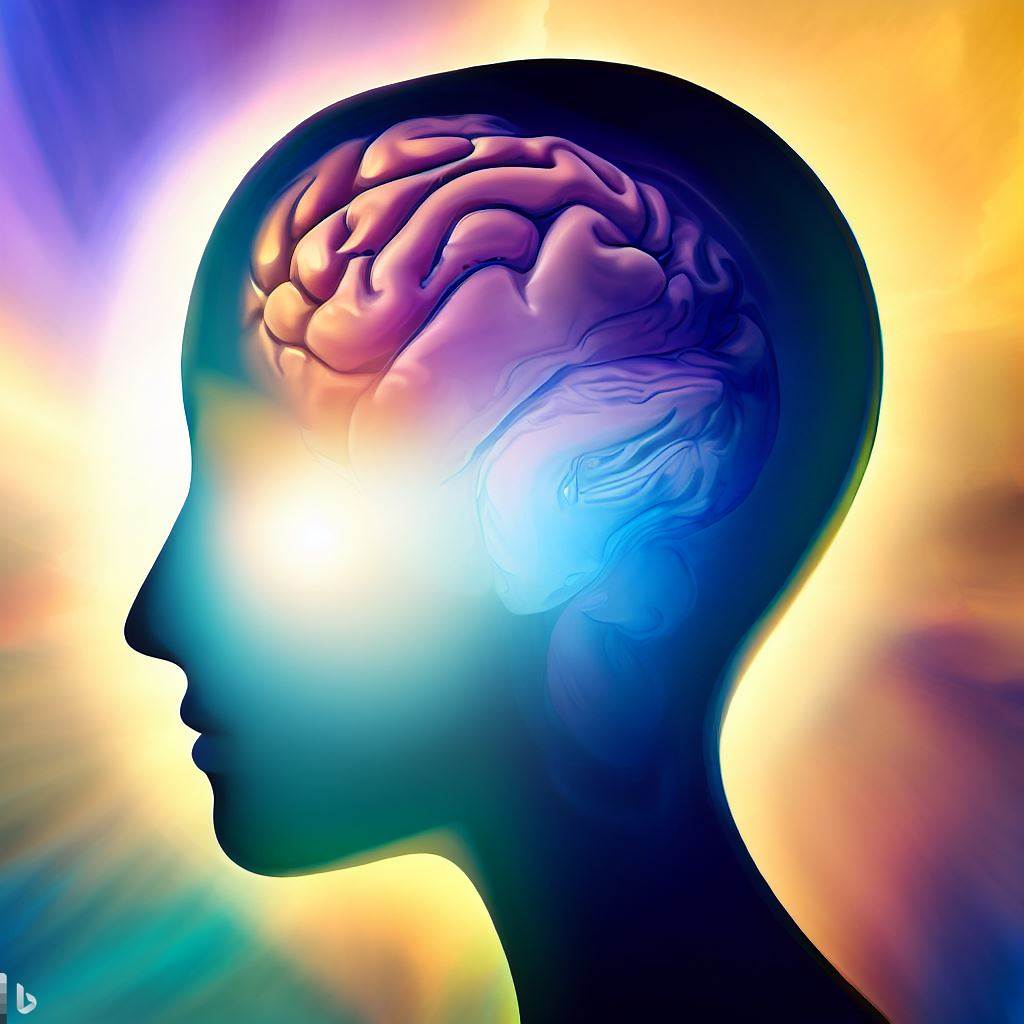Langston Hughes is a name that resonates with literature enthusiasts and writers alike. Born in 1902 in Missouri, USA, Hughes grew up to become one of the most celebrated authors of his time. Poetry, novels, essays, plays, and autobiographies were all mediums through which Hughes expressed his ideas, and his work became a central part of the American literary canon. In this post, we will delve into the life and work of Langston Hughes, learning what made his writing so significant, and how his legacy continues to inspire people worldwide.
Hughes grew up in an environment where racism and social injustice were the norm, and his life experiences inspired much of his writing. He was particularly drawn to the lives of African Americans, often telling their stories through his work. One of Hughes’ most iconic poems, “I, Too, Sing America,” celebrates the resilience and strength of black people, even in the face of oppression. Another poem, “The Negro Speaks of Rivers,” talks about the interconnectedness between black people and their land, imbuing the poem with a sense of pride and dignity that became synonymous with Hughes’ writing.
In addition to his poetry, Hughes also explored the experiences of African American people in his essays. He wrote extensively about the Harlem Renaissance, a creative movement that celebrated black art and culture in the 1920s and 1930s. Hughes was a key figure in the Renaissance, and his work helped to establish the enduring legacy of the movement. He also wrote about issues of racial inequality and social injustice, making him a poignant and influential voice in the fight for civil rights.
Hughes’ work also extended to other forms of literature, including novels and plays. His novel “Not Without Laughter” explores the experiences of a young black boy living in a racist society, while his play “Mulatto” addresses the complexities of mixed-race identity. Both works highlight the damaging effects of racism and the need for African American people to assert their own identities and narratives.
Hughes’ legacy continued long after his death, inspiring generations of writers to embrace their own unique voices and experiences. His work has also been central to the development of Black Studies programs in Universities worldwide, and his poetry remains an important reference for literature enthusiasts. Furthermore, his dedication to social justice and activism encouraged African Americans to stand up for their rights and to draw inspiration from their own culture and history.
Langston Hughes was a remarkable author whose work transformed literature and motivated a generation of African American writers to embrace their own voices and experiences. Through poetry, essays, novels, and plays, Hughes used his craft to tell the stories of his people, immersing readers in the rich history and culture of black America. Hughes’ legacy has stood the test of time, inspiring generations of writers to tell their own stories and asserting the humanity and dignity of black people across the globe.
